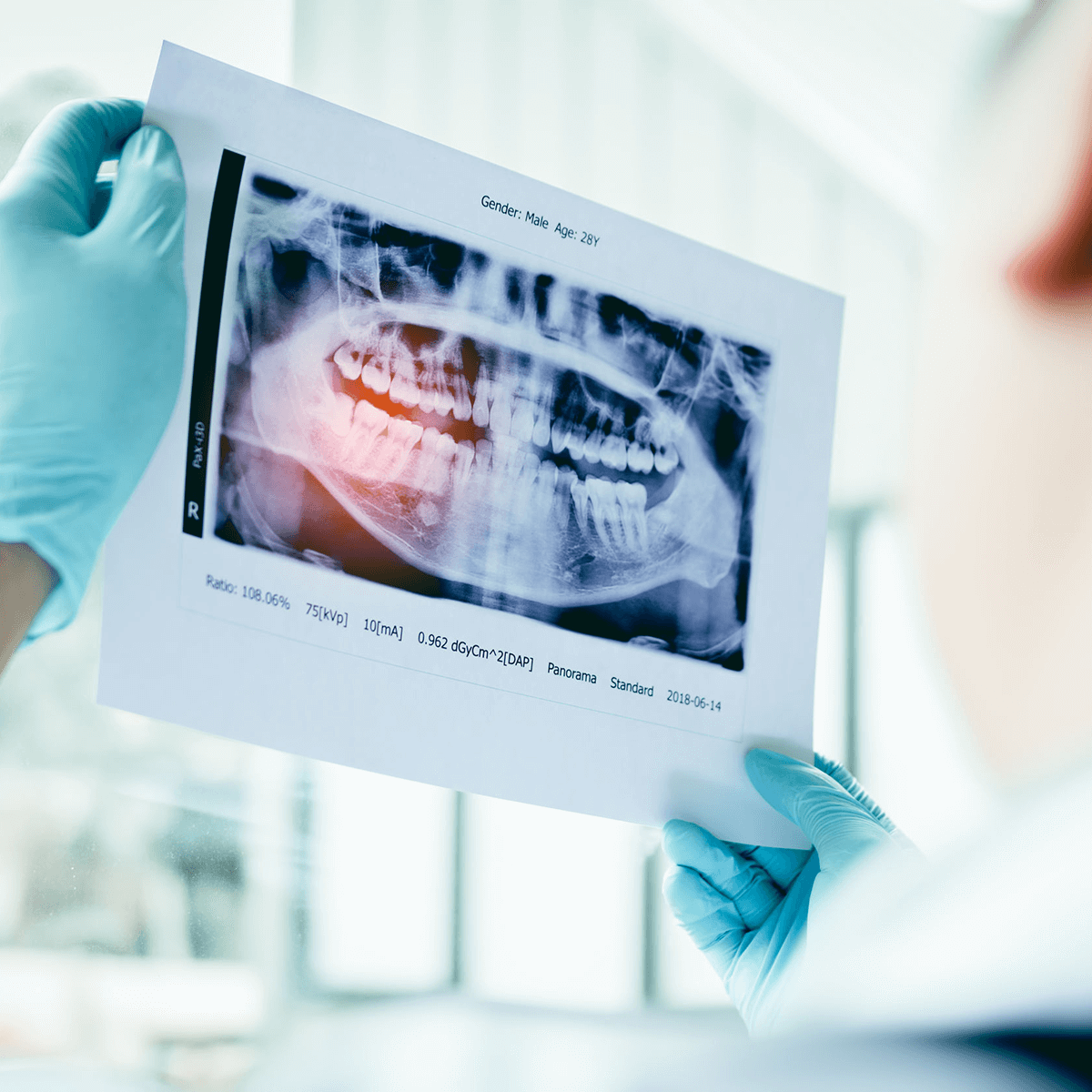Dental Problems After Bariatric Surgery: The Impact of Bariatric Surgery on Oral Health
Lifestyle
October 1st, 2021

Any surgery brings risk and potential complications. Bariatric surgery is no different, and complications include but are not limited to dumping syndrome, hernias, ulcers, bowel obstructions, and gallstones. There is a hidden complication that hasn't received much press or even research, yet still exists: dental problems and oral health issues after bariatric surgery. Little is known about oral health concerns post-WLS; first, let's look at the research that has piqued many patients and professionals' interest.
What we know:
The current literature is quite limited concerning dental manifestations after bariatric surgery. It has been found there is an increase of dental erosion, increased dental caries, and increased dental hypersensitivity post-operatively. Dental erosion is defined as the irreversible loss of dental hard tissues by a chemical process without bacterial involvement. The acid in the foods and drinks we consume as well as gastric acids from vomiting and reflux can lead to the softening of tooth enamel. As the dental hard tissues soften, the area is more susceptible to break down from abrasion. Most of the research blames the increased exposure of gastric juices for an increased risk of oral health issues due to vomiting and reflux.
The general guidelines for bariatric surgery patients is to consume foods and liquids at separate times, at least 30 minutes apart from each other. In addition, the consumption of small meals should take at least 20 minutes to allow satiation and foster thorough chewing. Although such meal patterns help decrease post-surgical complications, the patterns do increase the frequency of substrate exposure, which may in turn present an increased risk for dental caries and long-term oral health issues.
Dental hypersensitivity is reportedly delineated by a large number of patients after bariatric surgery. It's the most common variable associated with visits to the dentist after surgery. This represents a condition of presumable complex pathology for which there are two processes essential for development. First, the dentin must be exposed through enamel defect, loss of enamel (erosion, abrasion, attrition, or abfraction), genetic disturbance, and gum recession. Second, the dentin tubules must be open to both the oral cavity and the pulp. One study found that 25% of patients had more tooth decay, hypersensitivity, and erosion than prior to bariatric surgery.
Vitamin and Mineral Deficiencies:
Vitamin and mineral deficiencies can play a part in tooth erosion and decay. Common deficiencies post-op include protein, iron, calcium, vitamin D, vitamin B-12, and zinc. These deficiencies can negatively impact the immune system and bone turnover rate and increase the risk of periodontal disease. Calcium and Vitamin D deficiency occurs in up to 100% of patients after bariatric surgery. Although vitamin and mineral deficiencies may be prevalent after bariatric surgery, most of the published research about the link between increased tooth decay and bariatric surgery points to vitamin deficiencies, vomiting, gastric reflux, reduced saliva, more acidic saliva, and the consumption of frequent meals. Proper supplementation is vital for the overall health of the bariatric surgery patient; however, reducing acid exposure by reducing the frequency and contact of acids with the teeth is recommended for the prevention and early treatment of these conditions and for the avoidance of non-systemic effects in this population.
What this means for the bariatric patient:
After bariatric surgery, patients show an increase in the occurrence of dental caries and in the severity of tooth wear; however, these alterations in oral health status do not influence the quality of life. This essentially is a result of the significant improvement in the general health of the bariatric patient. On the other hand, the maintenance of oral health conditions may be considered a good strategy for preventing some of the side effects of bariatric surgery. The dental professional community clearly states that vitamin and mineral supplementation in the form of gummies can cause problems that may lead to tooth decay and poor dental health. When all these conditions come together (vomiting, reflux, acidic saliva, and food stuck for hours in between teeth), it is clear there is an increased risk of tooth decay. If you are experiencing oral health issues after bariatric surgery, seek professional medical and dental help.
Things to remember:
- Get your labs drawn on a regular basis (at least annually) to rule out vitamin and mineral deficiencies.
- Brush and floss your teeth frequently (preferably after each meal)
- Receive regular fluoride treatments to counteract the increased acidic saliva
- Take care of your teeth to decrease tooth decay after surgery
References:
- Jeffrey I. Mechanick et al. / Surgery for Obesity and Related Diseases 16 (2020) 175–247.
- Magalhães AC, Wiegand A, Rios D, Honório HM, Buzalaf MA. Insights into preventive measures for dental erosion. J Appl Oral Sci. 2009 Mar-Apr;17(2):75-86.
- Barbosa, Carolina Silveira et al. “Dental manifestations in bariatric patients: review of literature.” Journal of applied oral science: revista FOB vol. 17 Suppl,spe (2009): 1-4
- Parkes E. Nutritional management of patients after bariatric surgery. Am J Med Sci. 2006;331(4): 207-13.
- Marsicano JA, Grec PG, Belarmino LB, Ceneviva R, Peres SH. Interfaces between bariatric surgery and oral health: a longitudinal survey. Acta Cir Bras. 2011;26 Suppl 2:79-83.
CelebrateONE 45 Once Daily Bariatric Multivitamin With Iron

$16.99
CelebrateONE 45 Once Daily Bariatric Multivitamin with iron simplifies the transition after bariatric surgery by providing a powerful, one a day multivitamin specifically formulated to meet the unique needs of post-surgical patients. This convenient capsule packs a comprehensive blend of… read more



